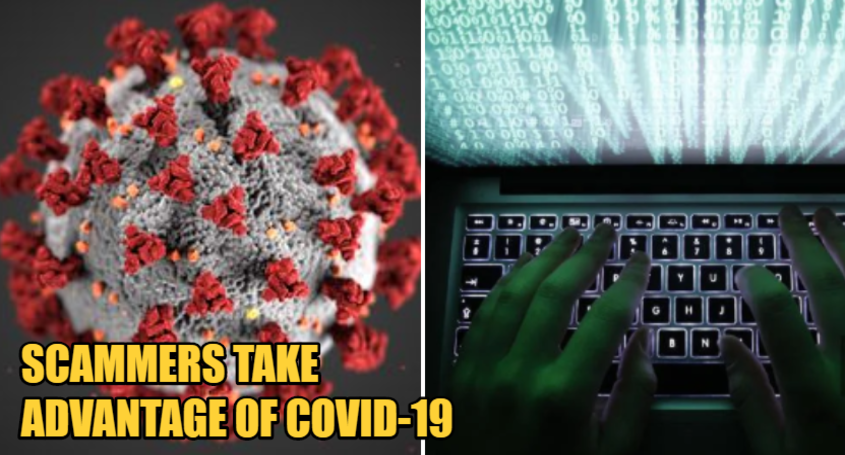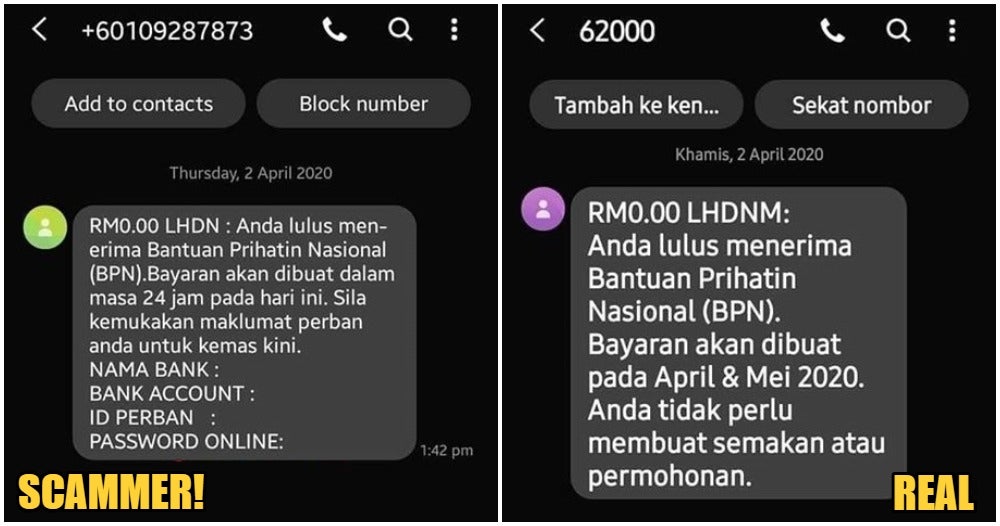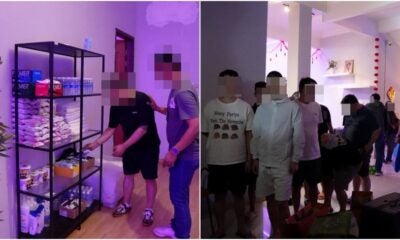Many are anxious and worried at the moment due to the Movement Control Order (MCO) and the ongoing Covid-19 pandemic. Unfortunately, having a crisis at hand doesn’t stop scammers from preying on the vulnerable.
CyberSecurity Malaysia (CSM) has announced that they’ve given out three warnings and safety advices regarding Covid-19 throught out the MCO.
Scams and Covid-19
According to Berita Harian, Datuk Dr Amirudin Abdul Wahab, the Director and Executive Officer of CSM stated that the warnings and advices were given to curb cybercrimes throughout the restricted movement period.
“Cyber criminals would take advantage of the Covid-19 crisis to get profit by committing online frauds such as phishing emails that talks about the pandemic, malware and also ransomware,” said Datuk Dr Amirudin.
Previously Sinar Harian reported about cautions given out by authorities regarding scams of EPF Account 2 withdrawal after they’ve detected false messages and fake websites that have been circulating.
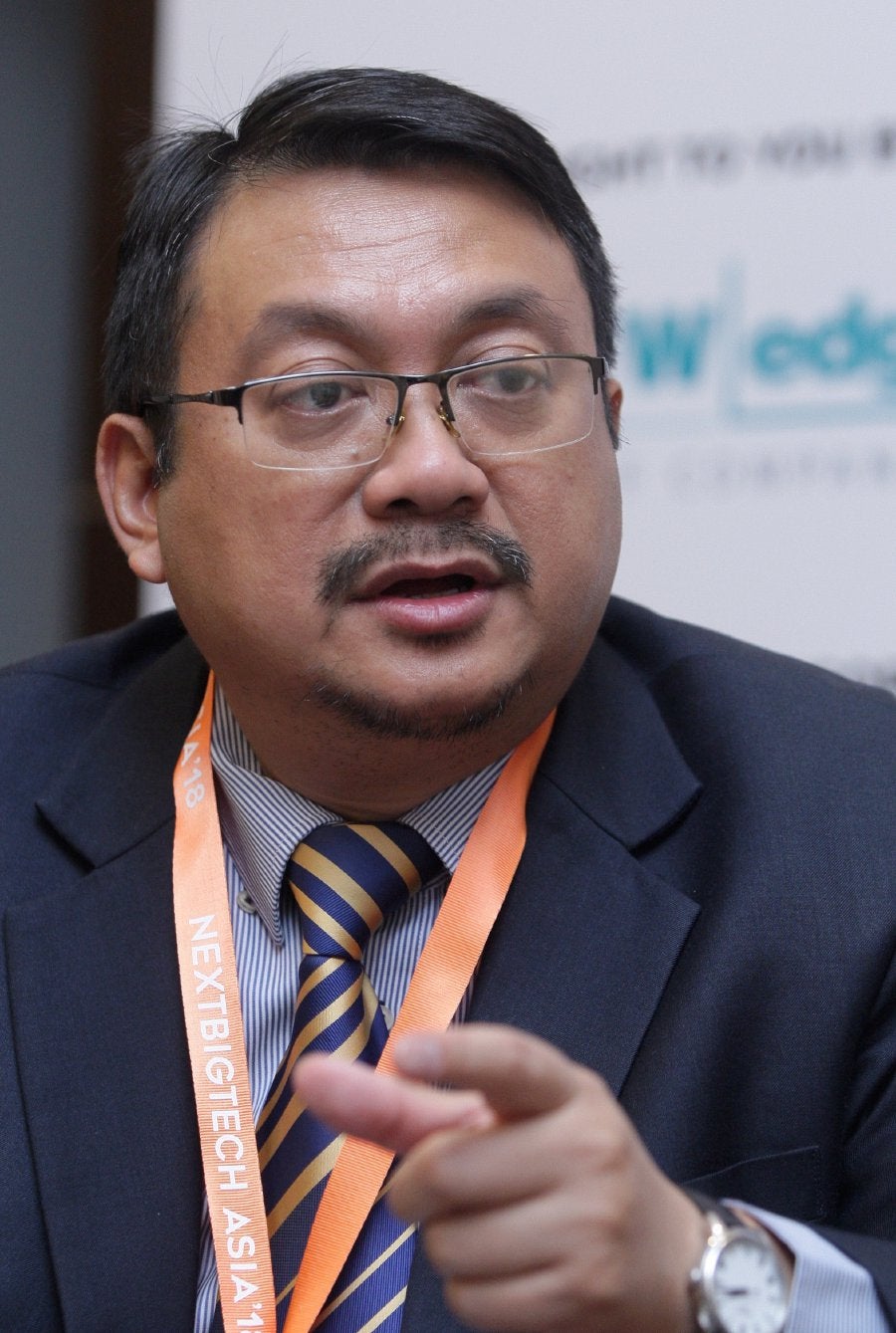
Who do the scammers prey on?
Individuals aren’t the only ones who the scammers prey on. Organisations and companies are also targets of the scammers as they may be prone to larger scams such as Denial of Service (DOS), spam and spear-phishing email that can potentially harm the companies database stated Datuk Dr Amirudin via Berita Harian.
He further revealed that government agencies have encountered cyber attacks during the MCO and people are also vulnerable because they may encounter scams online or through any applications on their devices.
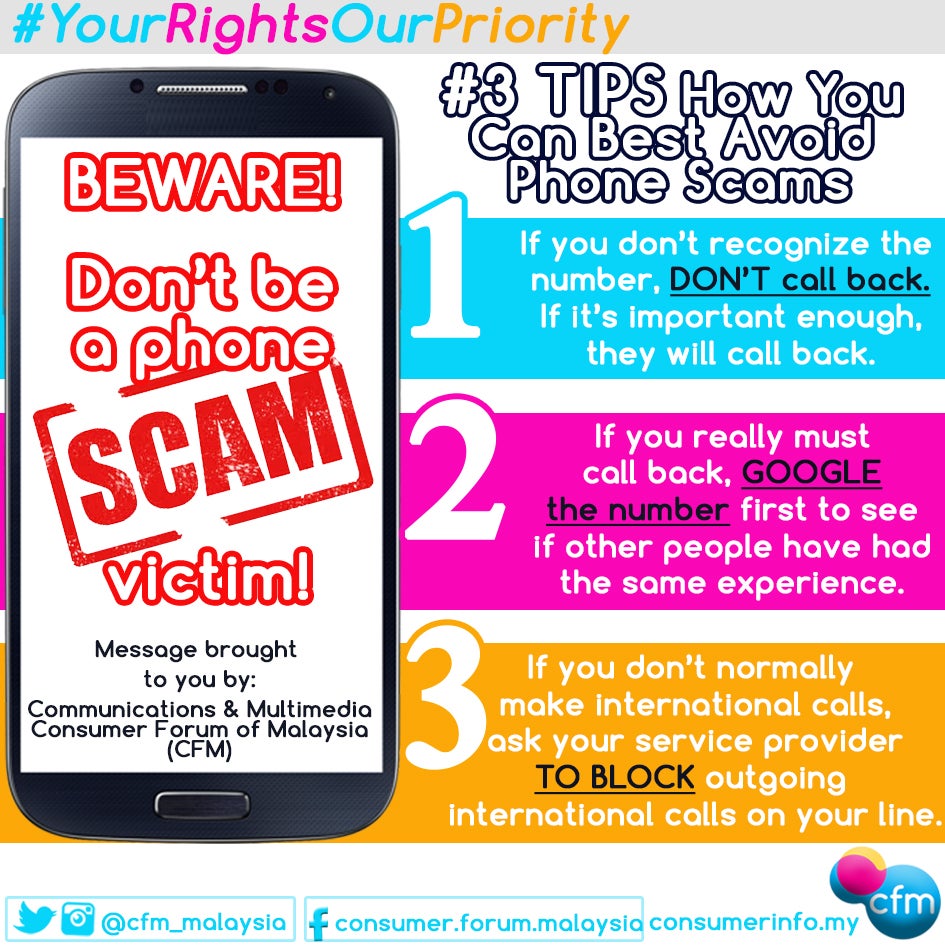
What are the kinds of scam tactics often used by scammers?
There are a few tactics often used by scammers that was listed by Datuk Dr Amirudin:
Phishing – Scammers would want sensitive information such as usernames or passwords, they will also send a malicious link or a malicious attachment.
Malware – Scammers use this to steal information or spy on computer users for an extended period of time without people’s knowledge.
Ransomware – It’s a malicious software designed to block access to a computer system or computer files until a sum of money is paid.
Denial of Service (DOS) – Occurs when authorised users are unable to access information systems, devices, or other network resources due to the actions of a malicious cyber threat.
Spam – Spam is any kind of unwanted, unsolicited digital communication and it is an email that gets sent out in bulks.
Who can I contact if I were to face any cyber threats or to lodge a complaint?
CyberSAFE Malaysia Hotline (Office hours) : 1-300-88-2999
CyberSAFE Malaysia Emergency 24-Hour Line: 019-266 5850
Email: ym.ytirucesrebyc@999rebyc
Online Complaint: https://www.mycert.org.my/
For more information on the types of scams and cybercrime issues, users can visit: https://www.cybersecurity.my/en/knowledge_bank/info_guiding/best_practices/main/detail/639/index.html
What do you think of this article? Share your thoughts down below.
Also read: M’sians Beware: Scammers Are Posing As LHDNM To Get Your Personal Banking Information

